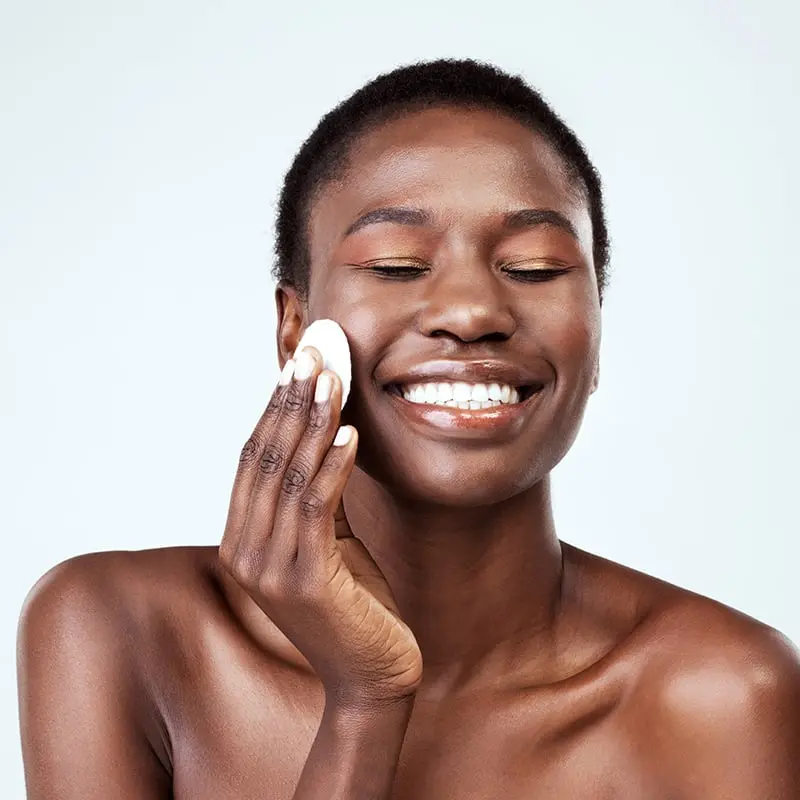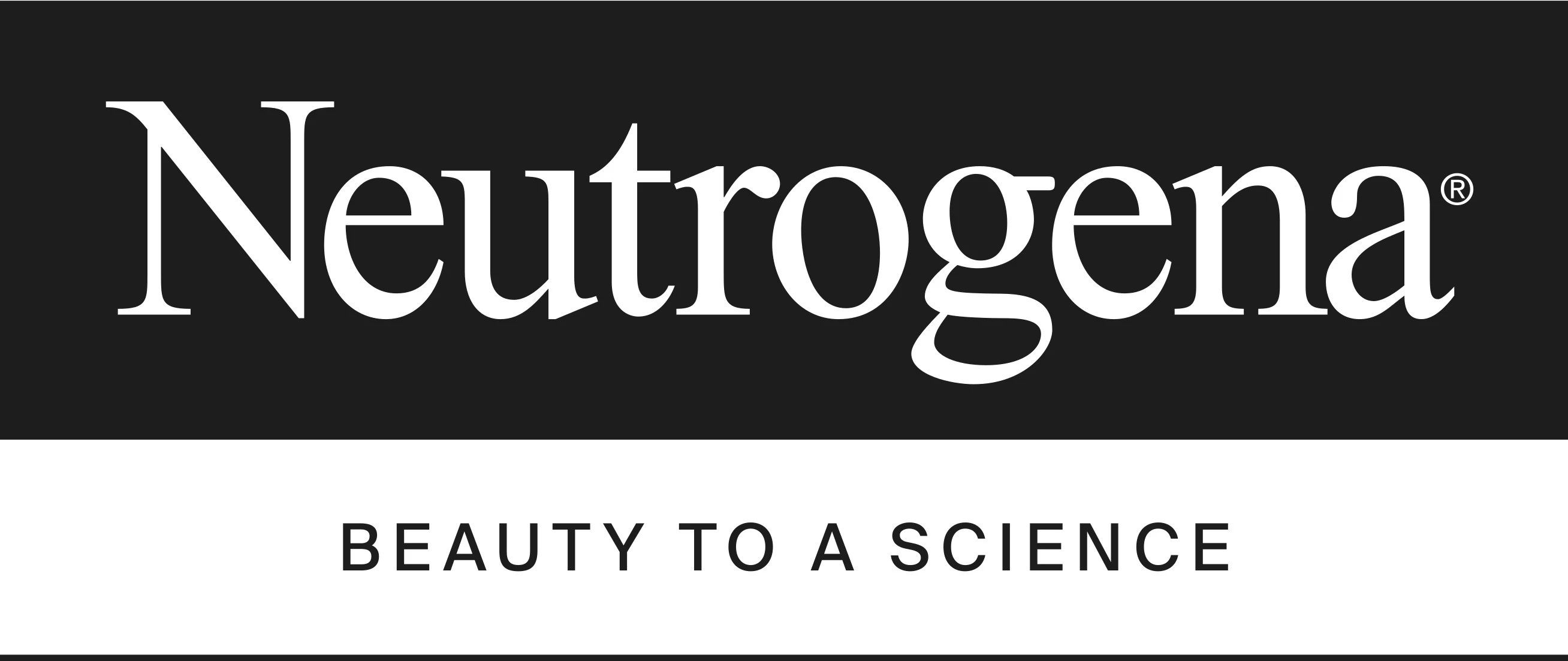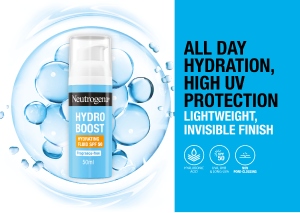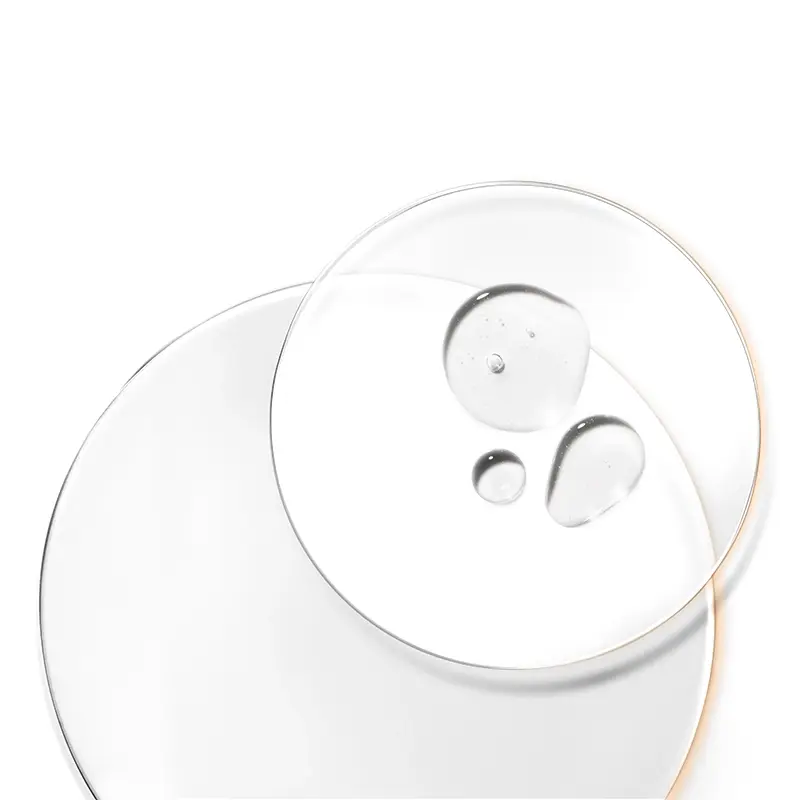Skin & Hair Care Advice
Browse our articles to dive deeper into ingredients, learn the science behind skin and get tips for your routine.

SKIN & HAIR

Dull to Glowing Skin
Dull to glowing skin: How to get glowing skin Sometimes, it can feel like some people are born with glowing skin, and others aren’t. It’s true that genetic factors can affect the appearance of our...

Causes of Dry Hair?
Dry Hair Causes: Why is My Hair So Dry If you’ve ever experienced dry hair, you’re certainly not alone. Hair can become dry from a lack of moisture and oils produced from the scalp. This can lead...

SKINCARE
Dull to Glowing Skin
Dull to glowing skin: How to get glowing skin Sometimes, it can feel like some people are born with glowing skin, and others aren’t. It’s true that genetic factors can affect the appearance of our...

SKINCARE
Glycerin Benefits for Skin
No one likes dry skin. Not only can it cause discomfort, it can become chapped, itchy and ultimately irritated and...

SKINCARE
The Different Skin Types
The Different Skin Types: Finding and Caring for Your’s. Not everyone has the same skin type. From oily to dry, your skin’s characteristics and needs can differ from others and may even change...



